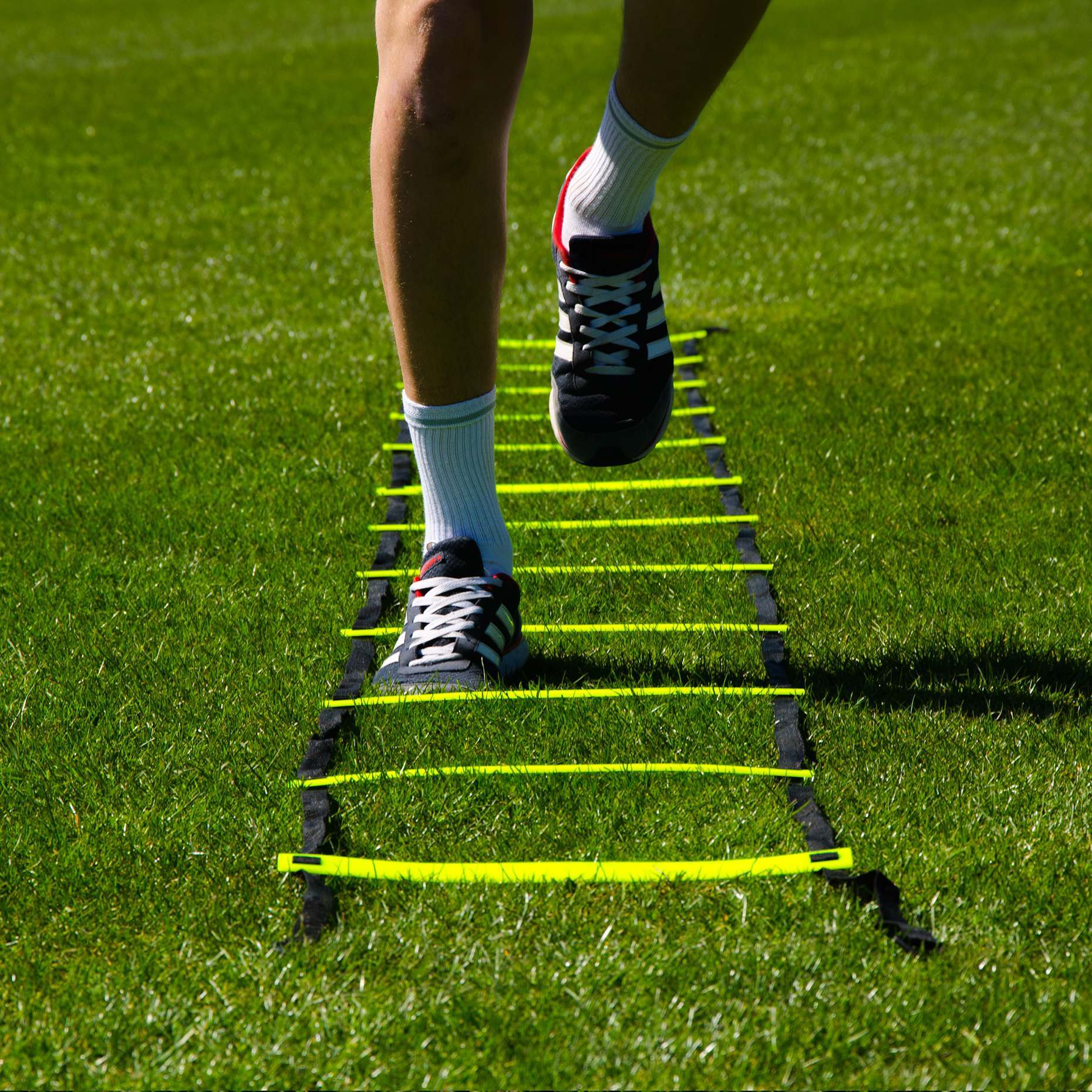
June 10, 2020, by Charlotte Gauja
Training Methods: Speed
During our training methods series, fitness instructor, Cameron Whitham, will raise awareness to training methods. This week, Cam focuses on speed training.
Speed is described as the motion of a limb or the body as a whole.
“The definition of speed is simply distance / time, but this is a rather simplistic view of speed. A more accurate definition is: the ability to move as fast as possible, through the range of motion, in a deliberate manner, in direction.”
Examples of Speed Training:
Hill Sprints
Athletes can do this to improve their speed by changing the acceleration and coordination whilst running up or down a hill.
Parachute Sprinting
Involving a parachute attached to a sprinters back whilst running can create resistance to increase the strength within the legs. Once the parachute is removed from the athlete they can automatically run quicker at a high pace – feeling much easier.
Ladder Sprints
Created to improve speed within the leg muscles. The aim is to be able to sprint through the ladder with speed whilst raising the knees high into a 90 degree angle.
Stair Drills
The athlete is required to sprint up the stairs or a step to improve leg strength and power.
Basic Sprint Training
With two cones marking the area in which a participant has to run towards. The athlete should sprint one way to a cone and jog back– improving the speed of the athlete in its basic form.
The Benefits of Speed Training
Speed is one of the main Fitness Components, important for success in many sports. For some athletes such as athletics, swimmers, and speed skaters, speed is the most important aspect of fitness. In other sports, good speed is also very important as part of the overall fitness profile.
You can meet with one of our fitness instructors in a virtual fitness consultation to get personalised advise on plyometric training.
To view a range of fitness sessions delivered by University of Nottingham Sport be sure to visit our Health and Wellbeing Home: https://www.nottingham.ac.uk/sport/health-and-wellbeing-home.aspx

Thank you, very good article.